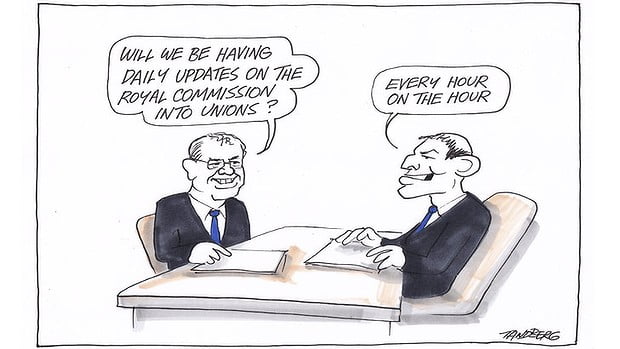Dear Janet Yellan,
As a bankster myself, I’d like to provide some friendly advice. To keep screwing the American people–to keep them debt-laden and innocently in their place–here’s what you have to do.
- Cosset the banks at ANY cost. That obviously involves the continuation of quantitative easing.
- In turn, QE will maintain the share market at false highs. We can’t have it decline. (That would denote failure in your job at the Fed.)
- Don’t (i.e. do not) let any further steam go out of land prices across the nation, because that will put the sort of pressure on our banks that brought about the Great Recession in the first instance – and we can’t have a repeat of that.
- If manufacturing and other non-FIRE sector businesses suffer as a consequence, so be it. You are simply continuing to do what the Fed does by reinforcing the tax system’s bias in favour of the more important FIRE sector (at the expense of productivity).
- Finally, keep mentioning “the improving American economy”. That will imbue a sense of confidence in our captive clients, including federal, state and local governments.
- You will note Australian banks continue to make record profits by staying on-message.
Yours faithfully,
– Bryan (Bankster) Kavanagh



 One way to come to the same conclusion concerning the need for revenues to come from an all-in, single-rate charge on land and natural resource values is to examine where all the tax concessions (read privileges) currently lie.
One way to come to the same conclusion concerning the need for revenues to come from an all-in, single-rate charge on land and natural resource values is to examine where all the tax concessions (read privileges) currently lie.
